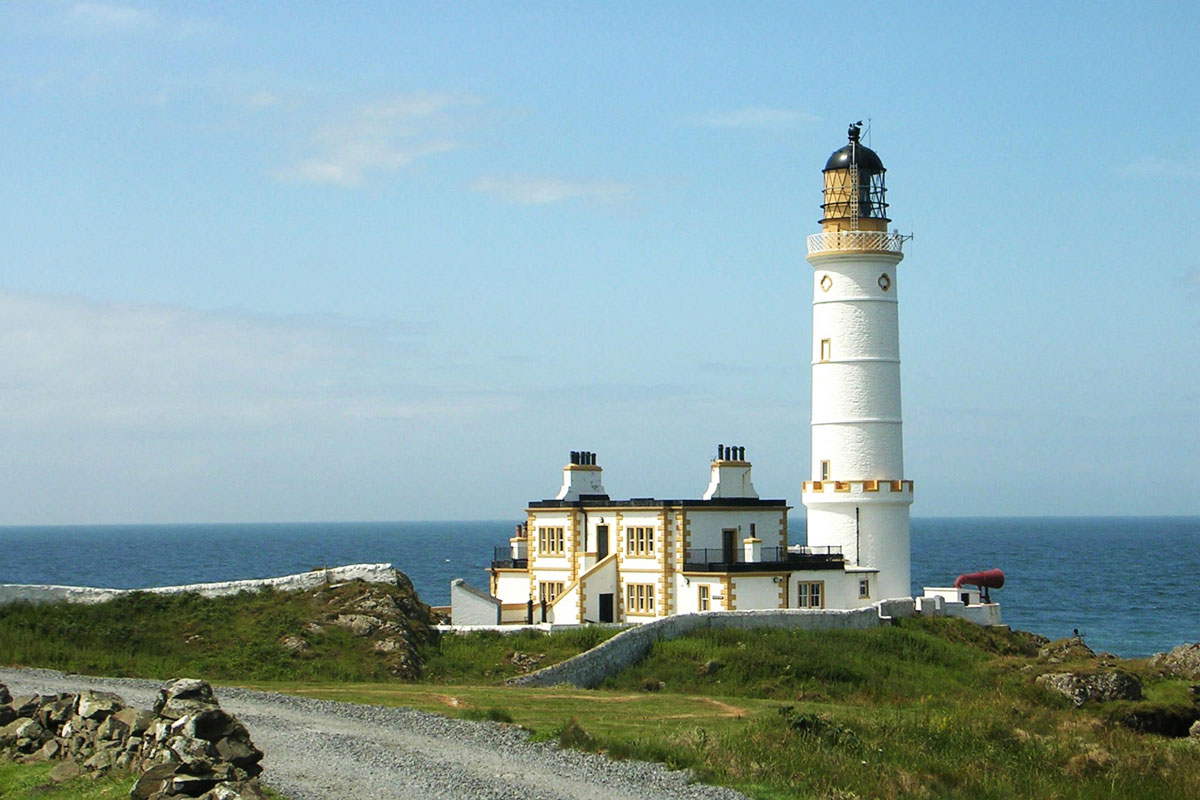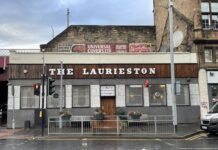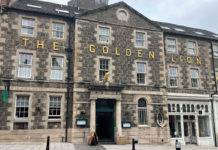Demand for rural businesses particularly high, agents say

A HOTEL by the sea, a restaurant with rooms amid stunning Highland scenery – businesses in picturesque parts of Scotland have always been in high demand. And that demand has only increased in the wake of the COVID-19 pandemic.
Property firms said a growing number of buyers are seeking businesses in rural and coastal locations as the market continues to motor.
Brian Sheldon, regional director at Christie & Co, said transactional activity “remained positive throughout 2020 and, encouragingly, has continued in to 2021”.
“Rural, lifestyle and coastal businesses were very much in demand, which is largely due to international travel restrictions and the rise of domestic ‘staycations’ driving renewed buyer appetite for businesses in these locations,” he said.
“The sale of Corsewall Lighthouse Hotel exemplified this, having been on the market for many years; it had 12 viewings over the summer and the sale completed in December 2020.
“Fast forward to this year and the market has kicked off to a strong start, continuing where it left off in 2020.
“We continue to receive enquiries across the spectrum, from leasehold opportunities to multi-million pound freehold hotels, and location remains key – that old adage of ‘location, location, location’ has never been more prevalent.”
This was echoed by Barry McNeil, director of Cornerstone, who said location – whether rural or city centre – remains a top priority. “The market is surprisingly and reasonably buoyant, particularly in Glasgow, Edinburgh and rural tourist hotspots,” he said.
“I do know this may sound counter-intuitive in respect of the macro economy as a whole, but buyer demand has focused on very resilient city centre spaces as well as the honeypot areas of the Highlands, we have sold over half a dozen sites in Edinburgh this year and two in Glasgow to supply us with this confidence. The Highlands and tourist areas are attracting more lifestyle buyers whose focus is on escaping large urban areas – I do assess this has a direct correlation with COVID.”
Graham & Sibbald has reported a “significant increase in market activity” in recent weeks and a “dramatic increase” in viewing appointments across a range of businesses – freehold and leasehold, city centre and rural.
Peter Seymour, head of hotel and leisure at the firm, said activity has been driven by operators looking to “relocate to more rural, tourist-based operations” and high levels of interest in leasehold restaurants in city centre locations.
“In fact we’ve been able to put several leasehold restaurants under offer within days or weeks of being launched to the market,” he said.
“In my opinion, there will be a flurry of activity with deals settling over the next two to three months. Once these are done, we could see confidence grow. The market likes to see activity, and the lack of activity has been unsettling.
“That being said, there have been less than expected insolvencies; and if that changes and the market is flooded with businesses that have not survived this horrible year then we are likely to see activity as the market digests these. Values will be affected by the business’s closure, and this will see a significant reduction in the prices paid in real terms.
“If this does not happen, buyers who have been holding off will be forced to look at better-performing assets, and values will be held or increased as supply outweighs demand.”
Alan Goldie, director of The Restaurant Agency, said there is currently an “under supply for a growing number of operators” – a scenario he expects to remain for a time yet. “As the sector exits lockdown there will be casualties but a real likelihood that demand will outstrip supply while operators stall to consider whether their return to trading is worthwhile before tourists return and once the initial upsurge in trading has levelled off,” he said.
“More businesses will come to market and prices will be dictated to an extent by the speed of a return to pre-COVID levels of trade and some flexibility in landlords’ negotiations if they want a longer-term tenant.”
Stuart Drysdale of Drysdale & Co said he expects the market to pick up pace further towards the end of the year “when operators have had time to reflect on how business does”.
“Cash-rich buyers are seeking opportunities where they can move quickly at reduced value levels,” he said. “However, if businesses have been able to weather the storm of the past year with furlough, rates abatement, VAT reduction, etc, they most probably aim to take advantage of the reopening and the potential for a surge in turnover over the summer months, when hopefully the tills will be ringing across the hospitality industry as customers will be keen to get back to some sort of normality.”
Andrew Steen, sales and marketing director at Bruce & Co, said with lockdown measures beginning to ease “buyers have regained their appetite to acquire”.
“The market is finely balanced at present; supply of businesses is healthy, buyers are interested but Scottish Government restrictions have affected the ability for many buyers and sellers to meet each other and for vendors to showcase their businesses,” he said.
“As restrictions ease, we anticipate vendors meetings increasing which in turn will drive new offers and sales during Q2 and beyond.”























